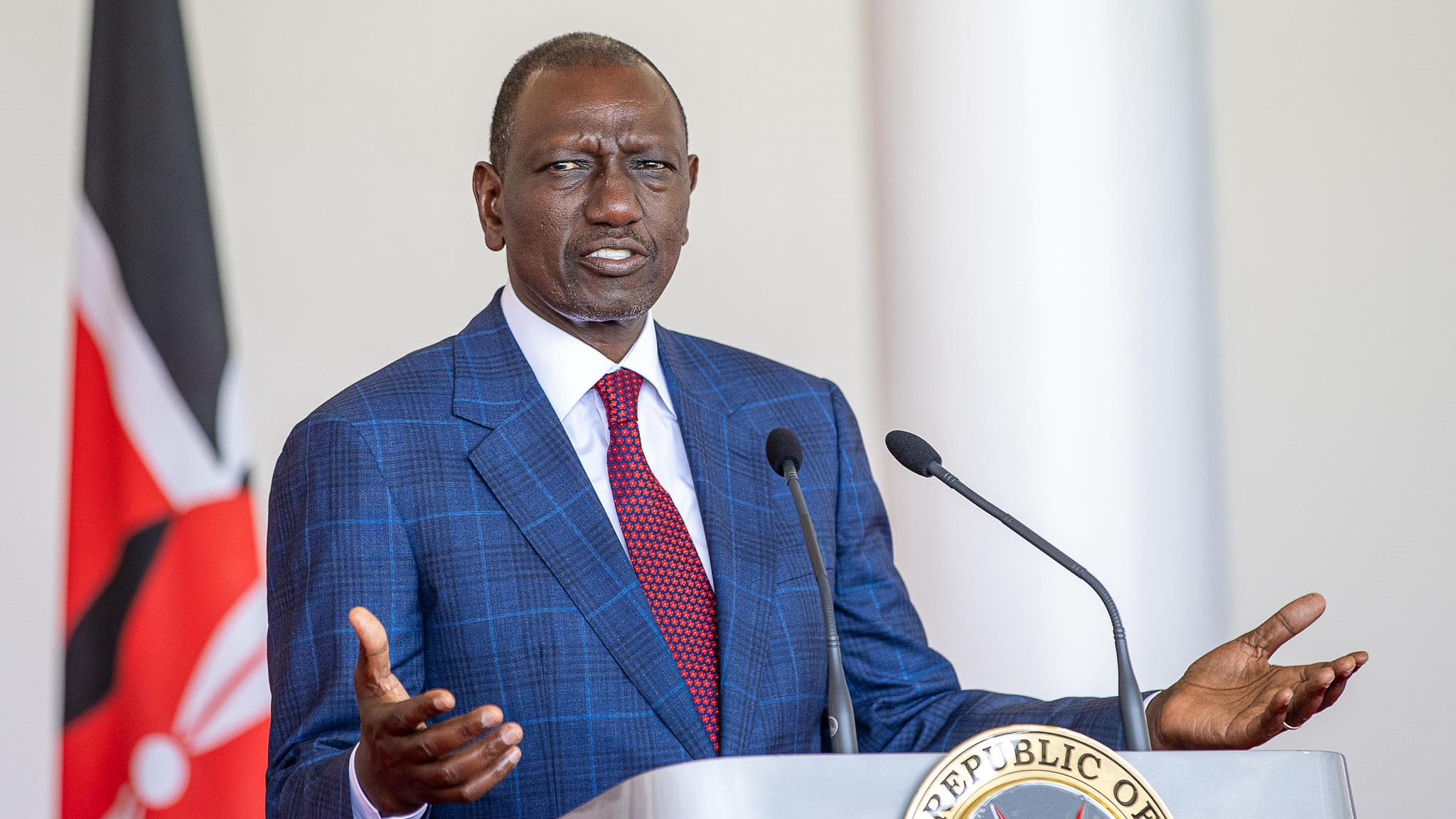

AU and Igad are pushing for a unified front in solving the Horn of Africa crises, while President Yoweri Museveni is separately involved in South Sudan.
AU Commission chairperson Mahmoud Ali Youssouf and Igad executive secretary Workneh Gebeyehu met in Addis Ababa on Wednesday and agreed to work together to solve the conflicts in Sudan, South Sudan and Somalia.
“Our discussion focused on pressing regional peace and security challenges, with particular attention to the situations in Sudan and South Sudan,” Workneh said.
“We reaffirmed our shared commitment to working closely together to address these critical issues, ensuring a coordinated and united approach to promote stability and the well-being of our region.”
According to the AU statement, the two leaders spoke of the “imperative of coordinated engagement on Somalia, Sudan and South Sudan”.
They also reiterated their shared commitment to the principle of subsidiarity and strengthened AU–Regional Economic Communities collaboration for greater coherence and effectiveness.
The principle of subsidiarity provides that higher authorities should not interfere in matters that can be effectively handled by lower authorities, in this case, states.
Meanwhile, Museveni met with South Sudan President Salva Kiir on April 4 and discussed peace and security.
The Uganda leader also met with the African Union's Panel of the Wise delegation, led by former Burundian President Domitien Ndayizeye.
“We discussed the current security situation in South Sudan and the African Union’s role in ensuring the peaceful implementation of the peace agreement,” Museveni said in a dispatch.
“Prior to this meeting, I interacted with leaders of various political parties in South Sudan.”
Uganda has also deployed an unknown number of troops to South Sudan to support the government troops.
Kenya has taken the lead in past and current peace negotiations, projecting itself as the lead regional mediator.
While the consolidation of the peace intervention within the Igad-AU framework would be a viable approach, Kenya’s role as the lead mediator risks being overshadowed.
In February, Ruto had sought to project this status by highlighting his interventions in peace and stability in the region.
Addressing the Annual Address to Heads of Mission and International Organisations, the President said Kenya will prioritise global peace and security in its engagements with diplomatic partners and international organisations.
Intra-African ties and economic diplomacy would also be canvassed.
“Our approach to regional peace and security and prosperity is anchored in the belief that unity and integration are essential to unlocking the full potential of East Africa, Africa and beyond,” he said.
The President added that peace and security remain central to Kenya’s vision for a stable and prosperous region.
“Over the years, we have played a key role in mediating conflicts and addressing some of the most complex security challenges in our region,” Ruto said.
“Kenya remains a reliable partner in regional and international peace and security efforts.”
Ruto further highlighted his mediation efforts in South Sudan through the Tumaini Initiative, which he said would conclude in a month or two, as well as in post-African Union Transition Mission in Somalia arrangements.
Ruto said he believes Sudan would be the next frontier in regional peace efforts following his meeting in July with Foreign Minister Ali al-Sadiq Youssuf over the “terrible situation in Sudan”.
Following the outbreak of the Sudan war in April 2023, Ruto was picked as the lead mediator of the Igad Quartet alongside the leaders of South Sudan, Ethiopia and Djibouti.
However, Sudan military leader Abdel Fattah al-Burhan rejected Ruto as the mediator, accusing him of harbouring Rapid Support Forces commanders in Nairobi, an accusation he denied.
In Somalia, Ruto on April 3 spoke with President Hassan Mohamud on strengthening bilateral ties with Mogadishu through enhanced cooperation in trade and security.
Ruto said their phone call centred on promoting regional peace and stability for the mutual benefit of the two states.
“Our discussion underscored the importance of coordinated efforts in addressing common security challenges, including the fight against terrorism, which threaten both regional and global peace,” he said.
In South Sudan, Kenya led the Tumaini Initiative, a peace process that brought on board the Hold-Out Opposition groups that were not included in the 2018 peace agreement.
The process, however, stalled once again in February, when Ruto adjourned the talks for consultations by the groups.
While they were to resume in March, the escalating political and security developments in Juba has seen the talks remain suspended.
Ruto in March bilaterally engaged with President Salva Kiir on the situation following the arrest and detention of First Vice President Riek Machar.
He appointed ODM leader Raila Odinga as special envoy to South Sudan to “engage, try deescalate”.
The mission faced challenges as he was prevented from meeting Machar, who remains under house arrest.
Raila has, however, continued to engage various stakeholders and individuals.
On Tuesday, he met former South Sudan head of military intelligence Gen Mac Awar and ex-director of military justice Lt Gen Henry Nyago.
The trio agreed on modalities to help de-escalate the tensions in South Sudan, Raila said.
Earlier on Monday, Raila met Norway Ambassador to South Sudan Roar Haugsdal in Nairobi to discuss the South Sudan conflict.
He also met South Sudan civil society and community leaders over the issue.









